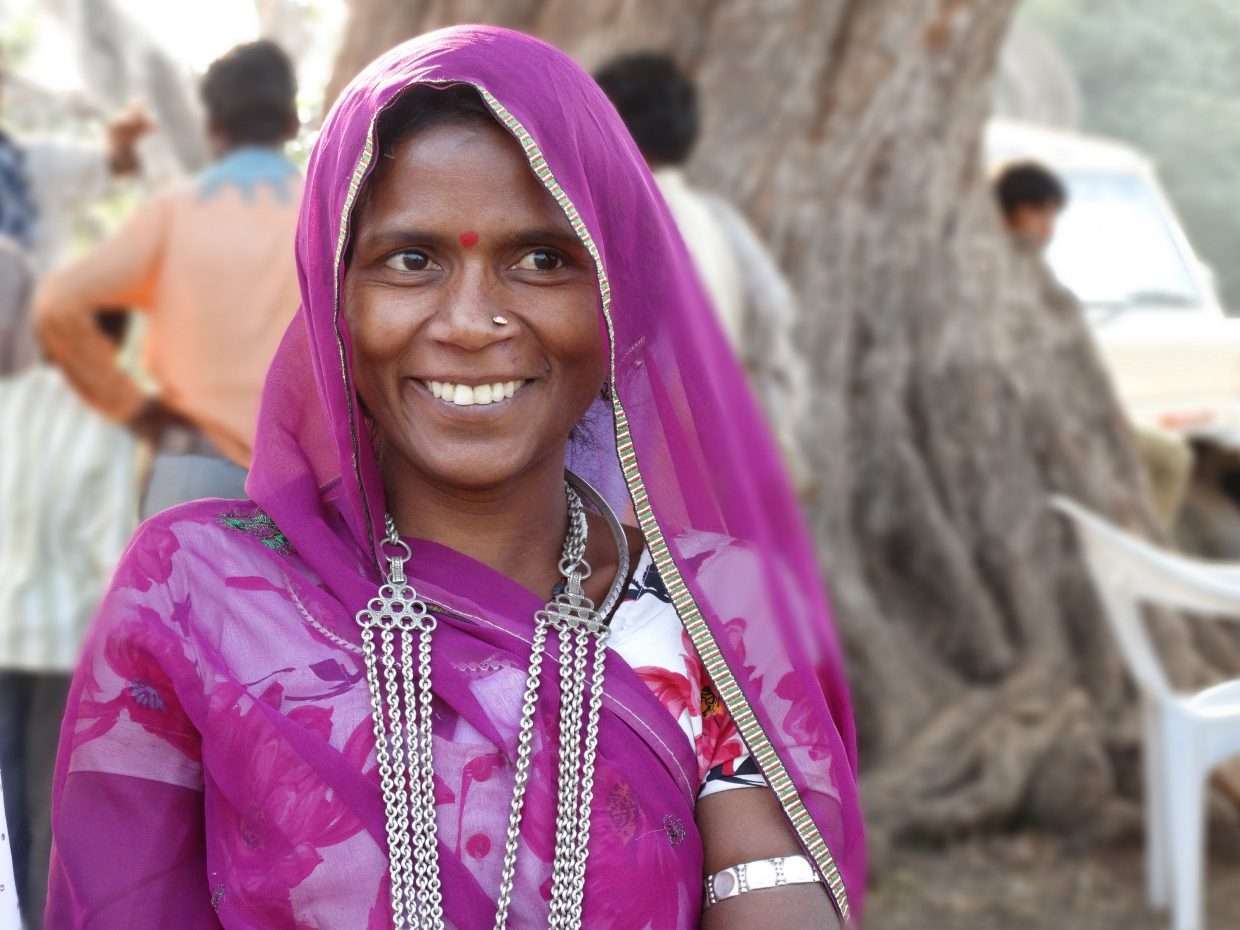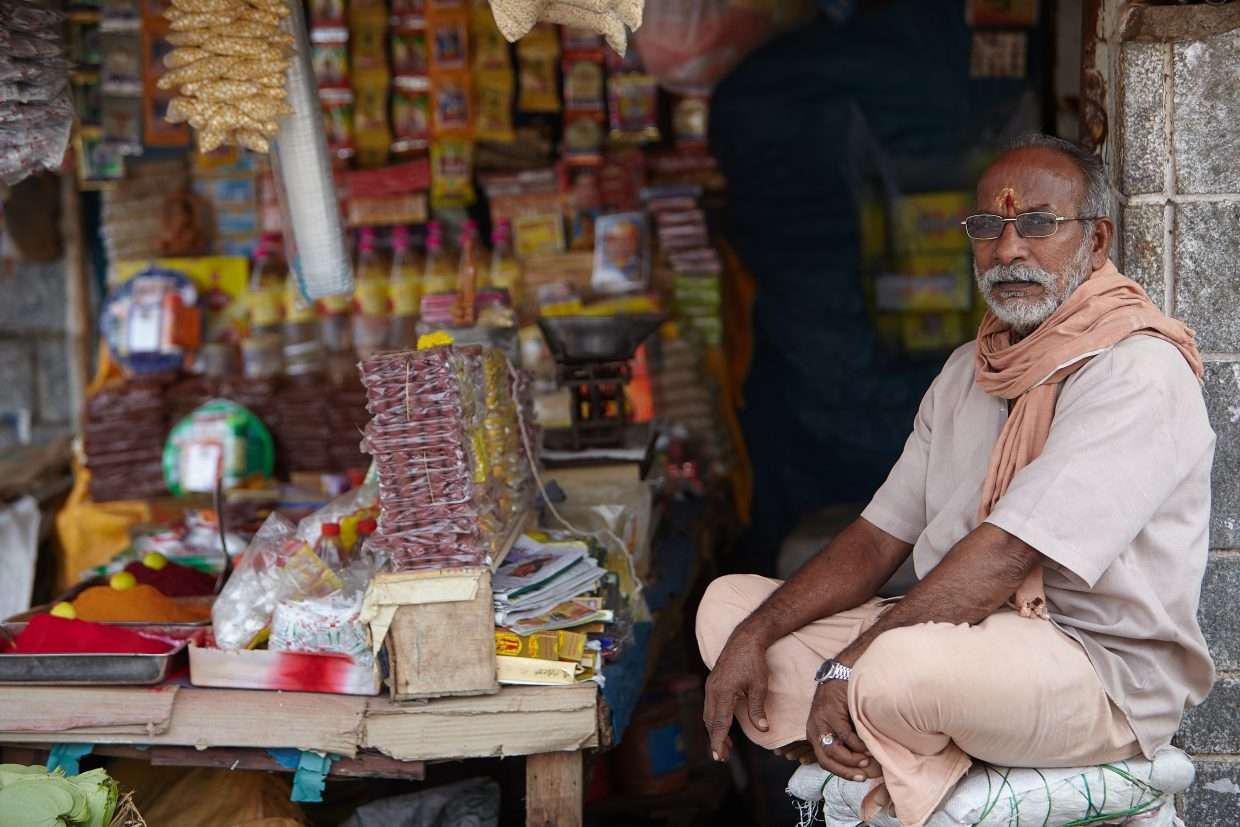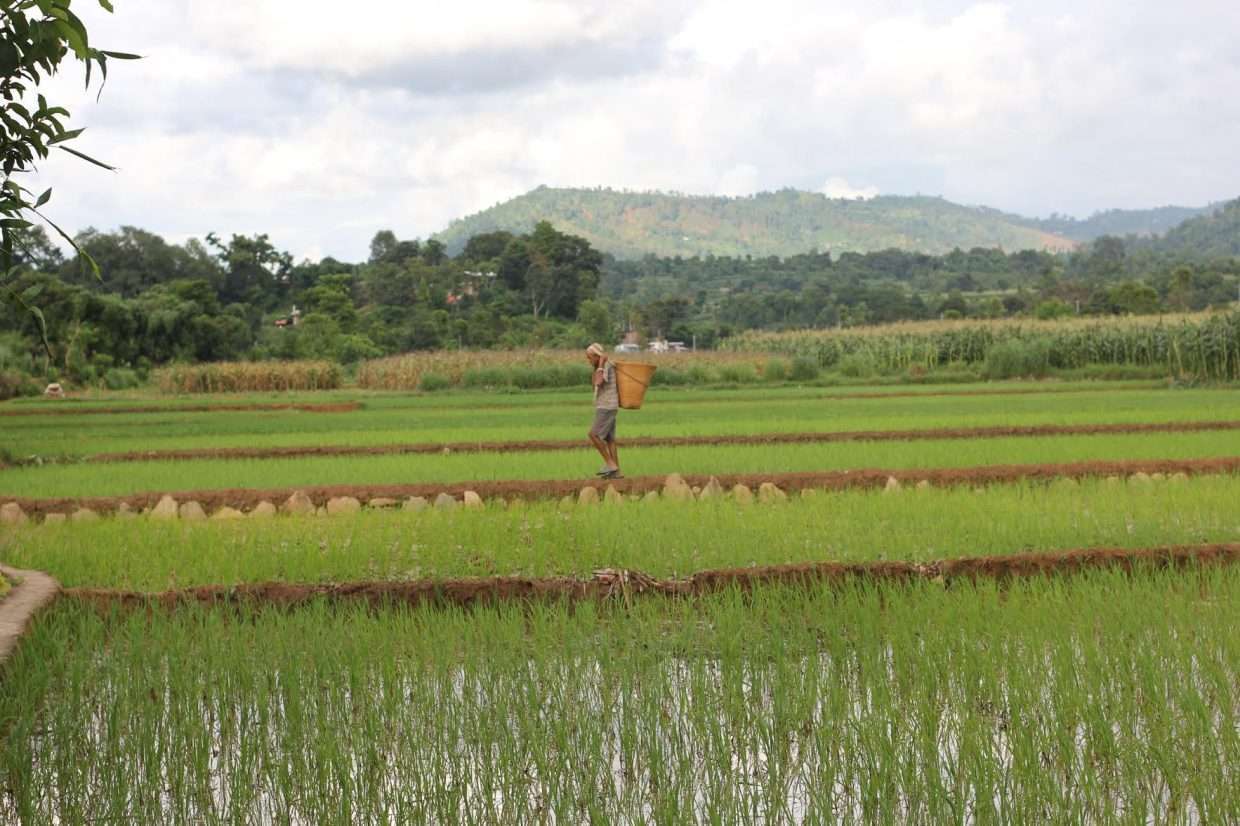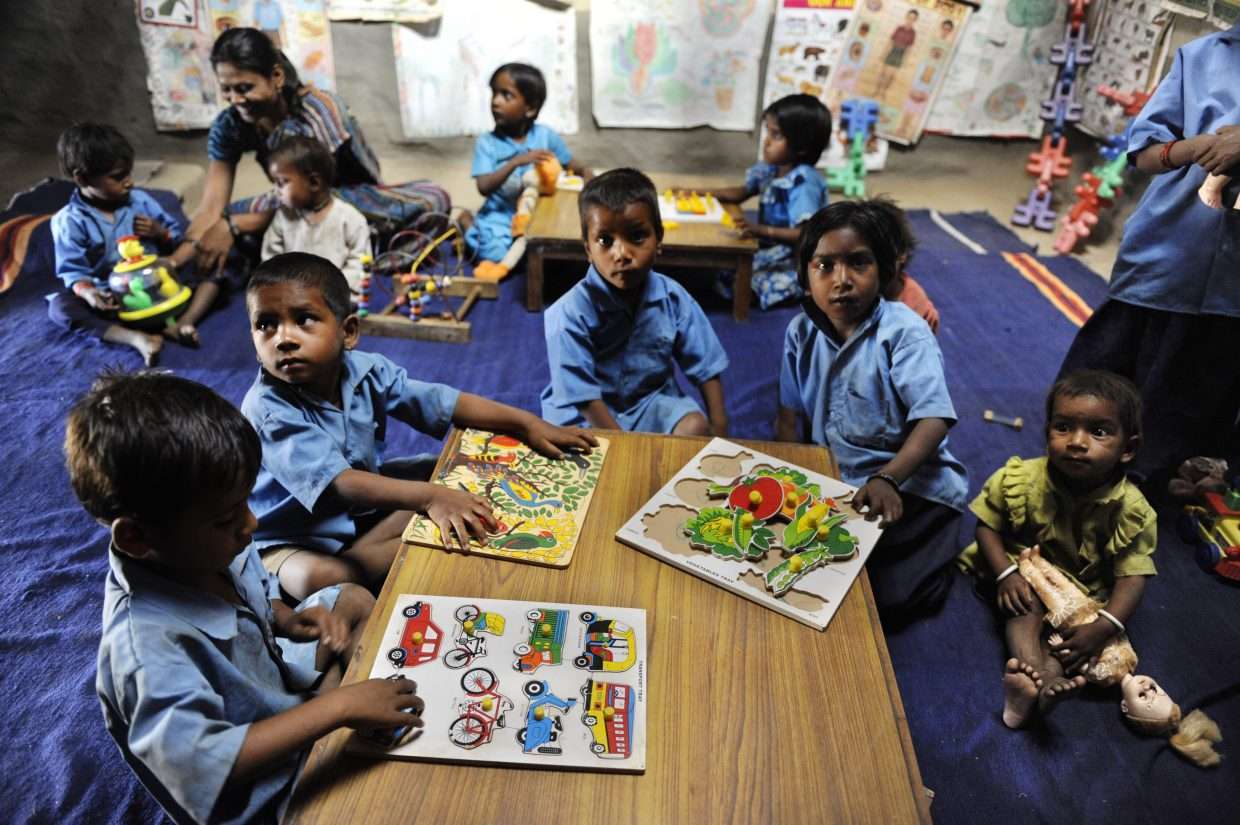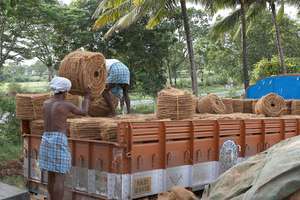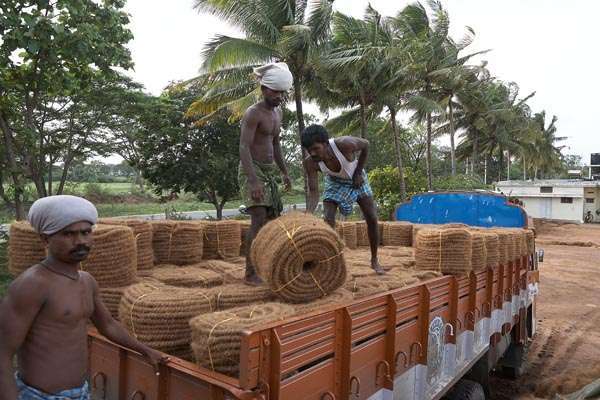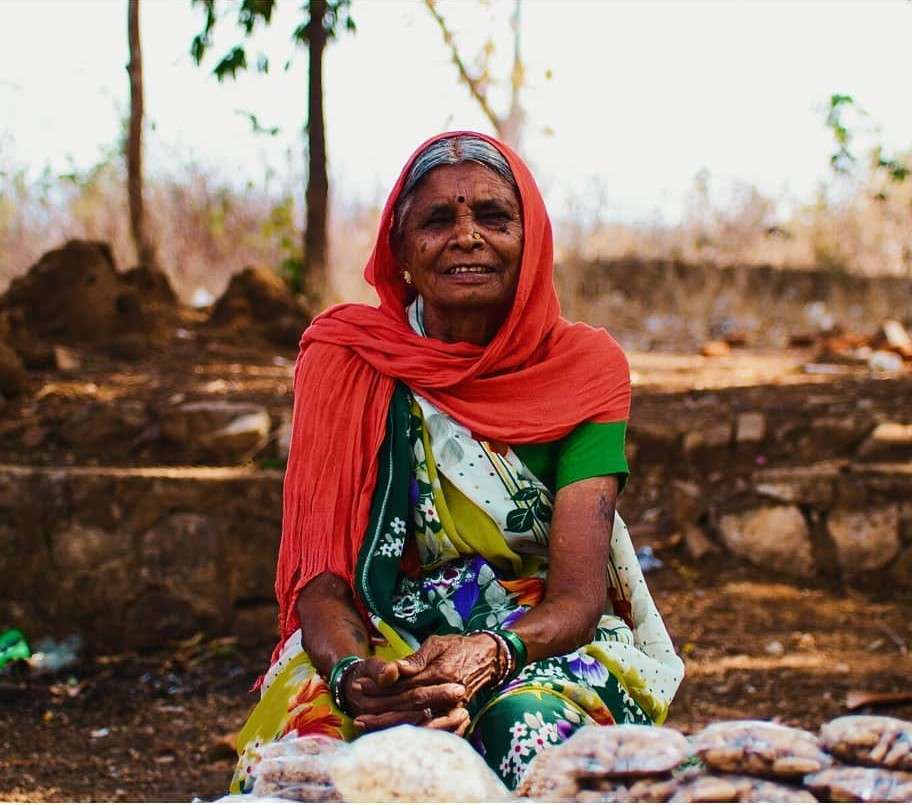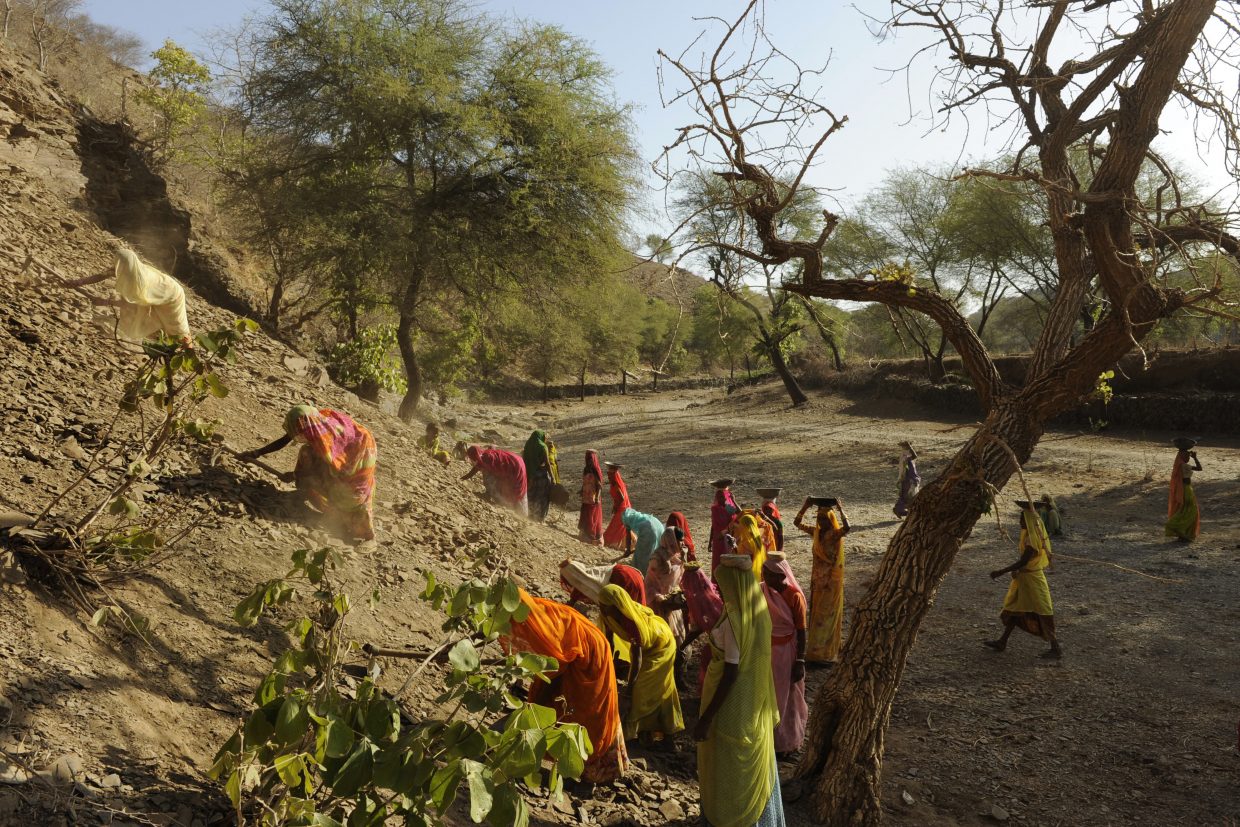This brief presents preliminary insights from a study in peri-urban of Kolkata on the role of social capital in group lending models.
Publications
Equity Investment in Indian Microfinance: A Guide for Practitioners
Doug Johnson, Michael Chasnow | February 1, 2010
In this paper, the authors document the recent rise in equity investment in Indian microfinance and describe the process of obtaining equity financing and working with investors in detail. The authors also briefly describe two new alternative methods of financing … Read More
India Pollution Map – A Backgrounder for Users
Rajesh Rangarajan | January 30, 2010
The Pollution Map developed at the Centre for Development Finance (CDF) endeavours to support more meaningful tracking of environmental change by creating a repository of pollution monitoring data to capture and disseminate information to civil society in asystematic and user-friendly … Read More
The REDD Path to Forest Conservation
Snehashis Sarkar | January 29, 2010
Forest conservation through REDD projects can achieve a measure of success by giving ownership rights and economic incentives to indigenous communities. This brief examines the policy and implementation framework for such an approach, provides recommendations for the way forward.
Empowering Villages: A Comparative Analysis of Desi Power and Husk Power Systems
Santosh Singh | January 28, 2010
With nearly 70% of India’s population living in rural areas, many households still do not have access to affordable and reliable sources of electricity. This lack of access hampers households income generation capacity as well as their ability to use … Read More
Sarva Shiksha Abhiyan – Scheme Brief
Satyarupa Shekhar | January 27, 2010
Sarva Shiksha Abhiyan (SSA) is a comprehensive plan to provide free education to all children in the age group 6-14 years. It was launched in 2001 with an initial outlay of Rs.7000 crore. This brief presents the salient features of … Read More
Swarnajayanti Gram Swarojgar Yojana (SGSY): Scheme Brief
Satyarupa Shekhar | January 26, 2010
Swarnajayanti Gram Swarojgar Yojana (SGSY) is an employment generation programme that provides income-generating assets through a mix of bank credit and government subsidy. In 1999, SGSY replaced Integrated Rural Development Programme (IRDP), the government’s flagship programme on rural development, integrated … Read More
Sampoorna Grameen Rojgar Yojana (SGRY): Scheme Brief
Satyarupa Shekhar | January 25, 2010
Sampoorna Grameen Rojgar Yojana (SGRY) provided wage employment and food security, by undertaking labour-intensive work in rural areas and contributes to the creation of durable community assets. Wages were paid as a combination of foodgrains and cash. In 2008, the … Read More
NRHM Scheme Brief
Satyarupa Shekhar | January 24, 2010
The National Rural Health Mission, launched in 2005, is the largest primary healthcare programme run in the world and reflects the Government of India’s commitment to increase public spending on health to 2-3 percent of GDP. It aims provide effective … Read More
NREGS Scheme Brief
Satyarupa Shekhar | January 23, 2010
A flagship programme of the UPA government, the NREGS was announced in 2005. It was introduced in 200 of the country’s most backward districts in 2006 and was expanded to cover all 615 rural districts across India in 2008. Today, … Read More
- « Previous Page
- 1
- …
- 23
- 24
- 25
- 26
- 27
- …
- 30
- Next Page »

